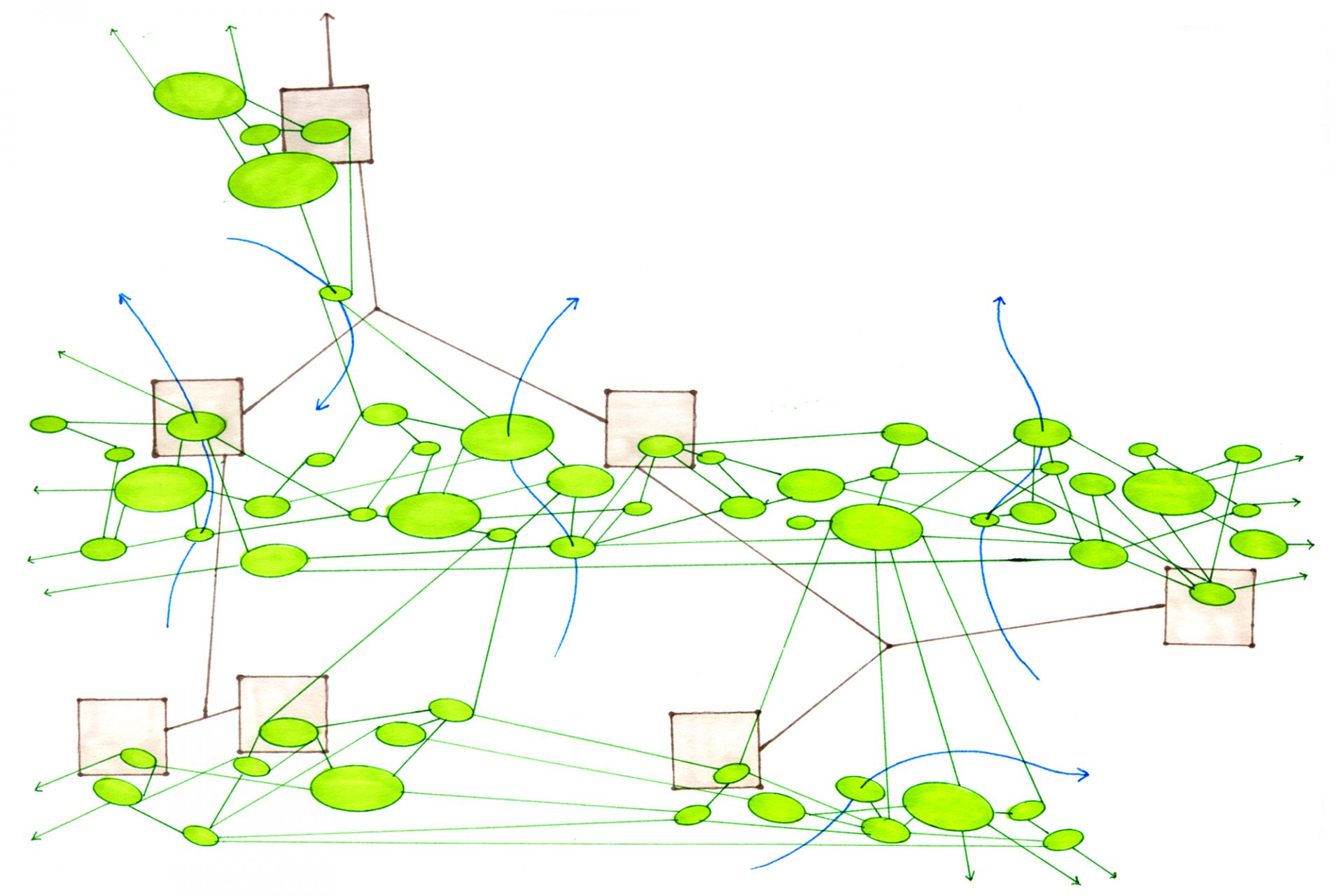International law was central to the development of liberal constitutionalism, international organisations and the diffusion of human rights around the world in the twentieth century. The collective security system built through international law after World War Two aimed at avoiding the recurrence of inter-state war.
But with the emergence of new threats that traverse national boundaries like global terrorist networks, violent extremism online and foreign fighters travelling to join ISIL in Syria, the international legal order is changing. New alliances, instruments and institutions are proliferating to counter threats in more dynamic and flexible ways. Binding treaties and formal decision-making mechanisms are being supplemented (and sometimes, supplanted) by informal international lawmaking processes (Pauwelyn, Wessel and Wouters, 2012). As international law fragments into different functional regimes aimed at governing security problems, it ‘defers to the politics of expertise’ (Koskenniemi, 2007: 10).
According to UN officials, human rights protections established in the twentieth century are at risk of becoming marginalised ‘by the plethora of new international rules, regulations and obligations’ that have rapidly developed across the global security domain since the 9/11 terrorist attacks in 2001 (Ní Aoláin, 2017: 9). In short, the post War international order built to prevent wars between sovereign states is being repurposed by new actors, norms and processes aimed at governing risky cross-border flows and threats by non-state actors and networks. Yet the implications of this shift for how international law is practiced, international institutions are held accountable and human rights protected remains an open question. Is this turn to informality in global security ushering in a ‘future new world order … more effective and potentially more just’ than the order of the past, as some have claimed (Slaughter, 2004: 6)? Or is it weakening international law, making governance institutions opaque and rights more difficult to uphold?
This project is a socio-legal study of emergency in motion. It aims to understand howinformal governance institutions created to counter global security threats areredefining the boundaries of international law.
Our hypothesis is that this turn toinformality is altering the practice of international law and the relations between individuals, states and international organisations in significant ways. Drawing from recent debates in International Relations and the social sciences, we propose to analyse informal international lawmaking processes in the counterterrorism domain as global security ‘assemblages’ (Ong and Collier, 2004; Bueger, 2017).
This conceptual lens enables a better understanding of the shifting relations between international norms, governance practices, public-private partnerships, security expertise and new forms of institutional cooperation that are shaping global security law in the present. We will study these changes by focusing on three examples of informal global security governance in action: the Global Counterterrorism Forum (GCTF), the United Nations Counterterrorism Implementation Task Force (CTITF), and the Global Internet Forum to Counter Terrorism (GIFCT).
